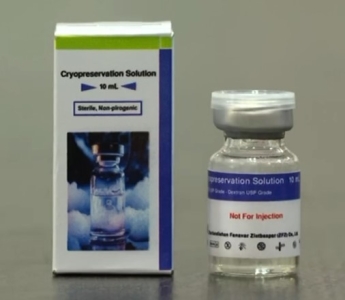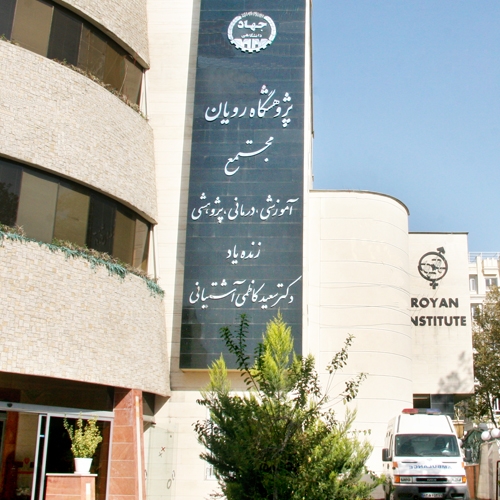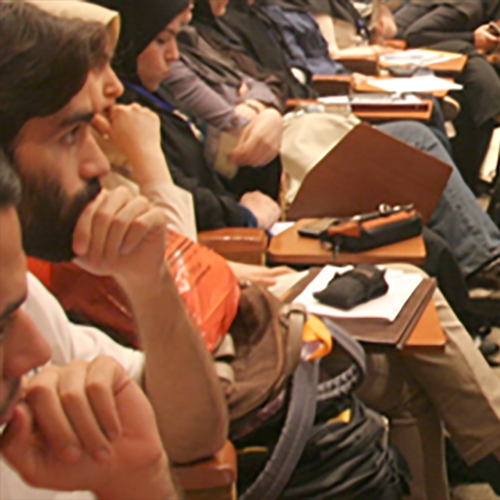Iran Among the Top 10 Countries Worldwide in the Production of Umbilical Cord Blood Stem Cell Separation Solution
 Specialists at a knowledge-based company affiliated with Royan Institute have successfully developed one of the key components for the utilization of umbilical cord blood stem cells.
Specialists at a knowledge-based company affiliated with Royan Institute have successfully developed one of the key components for the utilization of umbilical cord blood stem cells.Royan Institute proudly announces that its research team has succeeded in producing an umbilical cord blood stem cell separation solution (polymer serum)—a scientific and technological achievement that positions Iran among the top ten countries globally in the production of this type of solution.
According to Monireh Mohammad, Head of Processing at Royan Stem Cell Technology Company, this advanced solution separates umbilical cord blood stem cells from other blood components with high scientific precision and unprecedented efficiency, while safely managing blood volume in patients. A unique feature of this serum is its ability to extend the lifespan and enhance the differentiation potential of stem cells, enabling effective application in the treatment of genetic and hematological disorders, including thalassemia, cancers, and immunodeficiency disorders.
This achievement represents a significant step in the localization of advanced cell therapy technologies. The domestic production of this solution not only strengthens the country’s technical knowledge but also accelerates research and novel therapeutic approaches within Iran.
Furthermore, Hamed Daemi, faculty member at Royan Institute, key member of the research team, and CEO of Zharf Andishan Fanavar Zist Bespar Knowledge-Based Company, emphasized: “The polymer serum is used for the isolation of stem cells present in umbilical cord blood. This high-tech product increases both the lifespan and differentiation capacity of stem cells and can be applied in the treatment of genetic diseases such as cardiovascular disorders, cancers, and other conditions. Previously, this product was imported from European countries; however, it is now produced domestically at one-third the cost of European alternatives. Currently, fewer than ten countries worldwide have the capability to produce this product.”
He added: “In addition to its prominent scientific and therapeutic features, this polymer serum enables utilization in clinical and laboratory settings and can represent a milestone in national self-sufficiency in advanced biomedical technologies.”
The production of this product symbolizes Iran’s scientific and technological capabilities in the field of cell therapy and paves the way for the advancement of novel treatments and the improvement of patient quality of life within the country.
Publish date: 2025/10/26





